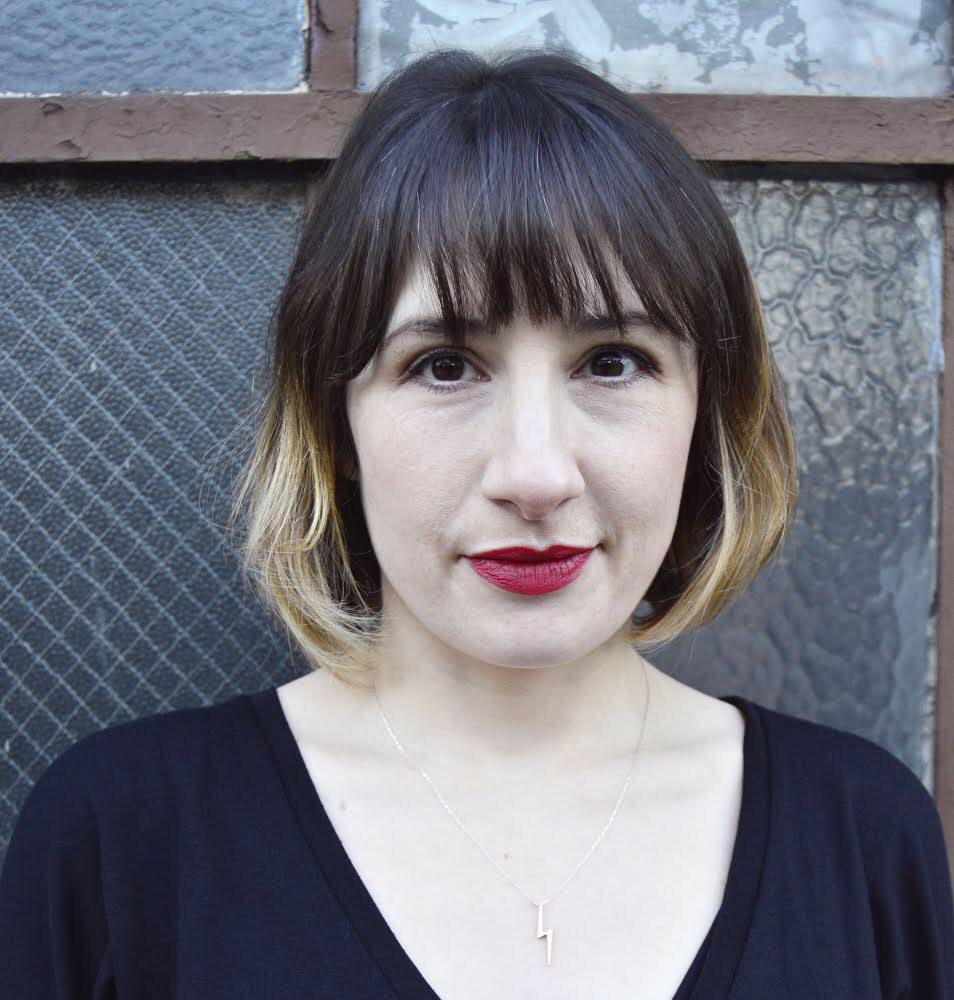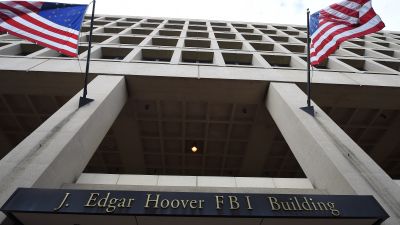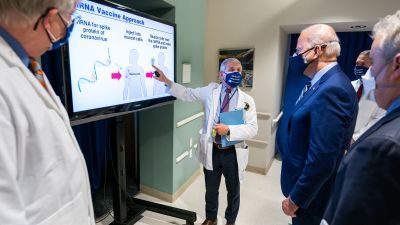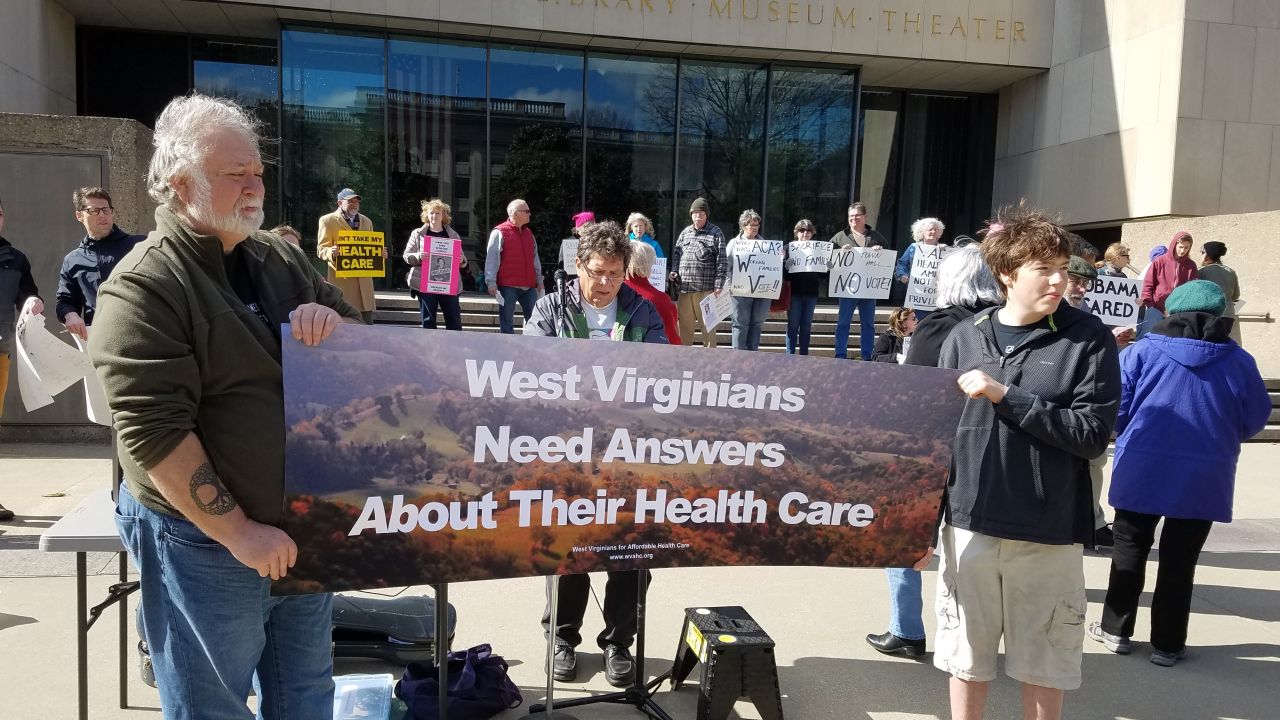
West Virginia state capitol "rally for answers” on what’s in the health care bill. (Photo by Gary Zuckett)
This Q&A is part of Sarah Jaffe’s series Interviews for Resistance, in which she speaks with organizers, troublemakers and thinkers who are doing the hard work of fighting back against America’s corporate and political powers. This interview has been edited for length and clarity.
West Virginia is often seen as prime Trump country — after all he did win the state by nearly 69 percent. But the state’s Republican US senator, Shelley Moore Capito, came out quickly against Mitch McConnell and President Trump’s “just repeal it” campaign to get rid of Obamacare. In a statement on Tuesday, Capito said:
As I have said before, I did not come to Washington to hurt people. For months, I have expressed reservations about the direction of the bill to repeal and replace Obamacare. With that in mind, I cannot vote to repeal Obamacare without a replacement plan that addresses my concerns and the needs of West Virginians.
Recently, Sarah Jaffe talked with Gary Zuckett, executive director of West Virginia Citizen Action Group, a community-based grass-roots public policy group about what the issues are on the ground in West Virginia. Their conversation paints a picture of a state where opposition to the health care measures was strong enough to encourage a sitting GOP senator to take on her party.
Sarah Jaffe: Tell us a little bit about the organizing you have been doing around the health care bill.
Gary Zuckett: One of the things I like to brag about in West Virginia is that we play well together here and we have a really broad coalition of organizations including Citizen Action, West Virginians for Affordable Healthcare, social workers, the Council of Churches, the AFL-CIO. We have all been working together on sending the message to both of our senators that this is not good for West Virginia, it is not good for West Virginians, it would not be good for our economy.
We have seen our Sen. Capito, Shelley Moore Capito, is right now holding firm in her opposition. I know she is under a lot of pressure from her leadership and from other senators. They have this lockstep thing that they have to kill off Obamacare because that is what they promised to do and they all voted for it numerous times. Now that they have control of both houses and have a Republican president in the White House, they feel like this is the time to act.
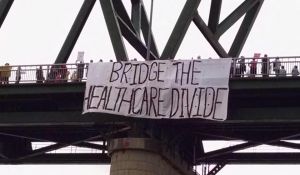
July 2017 joint West Virginia/Ohio health care action. (Photo by Gary Zuckett)
I think West Virginia was among the first states to have civil disobedience — where people actually got arrested at the senator’s offices — over this bill. We worked with the Wood County Indivisible group and did a joint West Virginia/Ohio action just last week. Our Sen. Capito and Ohio’s Sen. Portman sent a joint letter to Mitch McConnell outlining their concerns about the Senate health care bill. We got together with citizen activists from Ohio and we met on the bridge connecting Marietta and Williamstown and dropped a banner saying “Bridge the Health Care Divide.” We had a hundred people on the bridge in the rain last Thursday to do that.
SJ: Tell us a little bit about how this coalition has come together. Was it pretty quickly that people said, “Health care is going to be our focus here?”
GZ: Yes, it was, because to give her credit, Sen. Capito has been a big supporter of CHIP, the children’s health insurance program. That has done a lot for West Virginians. So it was a natural step to bring her along and show her how the Medicaid program in West Virginia, especially the expansion which covered so many of the people — I think it was 184,000 people in West Virginia, almost 10 percent of our population — we really have benefited more than most of the rest of the country from the Affordable Care Act. We have been communicating that to her. It is not just activists; hospital associations have come out against this bill, the AARP, the local health care providers, the head of our state health department has come out against it. So she is hearing it from all sides.
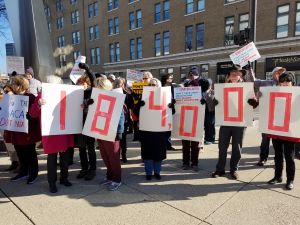
December rally in Charleston — 184,000 West Virginians would be affected by repeal of ACA. (Photo by Gary Zuckett)
SJ: Was there a particular action that you have done that stands out as something that seemed to be particularly significant?
GZ: In West Virginia, 51 percent of our kids are covered by either Medicaid or CHIP. We got 10 little kindergarten chairs and put printed faces of smiling kids on five of the chairs and faces of unhappy kids on the other five showing that those were the five that were going to possibly lose their health care if the Medicaid program was downgraded to a block grant or capped or the Medicaid expansion was rolled back. We set that up on the corner downtown, not too far from her office, but it was across the street from the local ER. Our message to the TV cameras that showed up was, “Hey, we don’t want kids to be using the emergency room as their medical provider anymore. We don’t want to go backward to when that was happening here in West Virginia.”
SJ: Tell us a little bit about the history of your organization and the work that people are doing every day to organize in West Virginia.
GZ: Well, our organization was started way back in the 1970s by a young man named David Grubb, who had gone to Washington, DC and worked with Ralph Nader as a consumer advocate. He came back to West Virginia and started Citizen Action Group in 1974. We are really proud of a lot of the coalitions we have helped build over the years like the West Virginia Environmental Council and West Virginians United for Social and Economic Justice, which is a broad coalition of labor and social workers and faith leaders.
SJ: What do people on the ground that you are working with think about all of this conversation about Appalachia and Trump and whatnot?
GZ: We are labelled as Trump Country now and we have voted for the Republican candidate ever since George Bush II got elected. It is easy to paint in broad strokes like that, but I would also remind folks that in the Democratic primary last year, West Virginia went for Bernie Sanders. So there is a hunger for a populist message here in West Virginia. Unfortunately, our current president and his false populism appeal to a lot of people.
We have the coal issue here. “Coal is king.” Or was. Coal is on the ropes right now. There are a lot of unemployed coal miners that are pretty unhappy about the fact that they can’t make their house payments and their car payments. We are losing population as a result. There is an economic downturn here and the local coal industry coal barons have successfully painted our former president and Hillary Clinton as the bad guys, the devil: “There is a war on coal and it is all Obama’s fault. Hillary was going to continue that war on coal.” And she had that unfortunate out-of-context quote they used that she was going to “put a lot of coal miners out of business.” They played that over and over again.
We have been painted as a backward regressive state, and I think that is unfair. I think there is somewhat of a silver lining through this bad political situation we find ourselves in right now. After the election there was an insurgency of people coming out of the woodwork, wanting to be active. Newly minted activists and people that had been active in their youth and maybe are now retired and decided, “Well, I better get back into this because times are rough,” and pulled together. There are Indivisible groups in most of the counties in West Virginia now. There are women’s huddles from the Women’s March that are still meeting on a regular basis. We, out of this office, helped organize a sister Women’s March to the one in DC We had somewhere between 3,000-4,000 people show up at our state capitol, which blew everybody away, including us.
I was just on a planning call yesterday for what we are calling the West Virginia Grassroots Summit. It is going to be at the end of September. We expect 200-300 people from all over the state, from these Indivisible groups, the women’s huddles, the Bernie groups that are still out there to show up and learn how to organize locally and on statewide and federal issues and network and build bonds with other groups in other areas. I think this could be the start of something big.
SJ: Just thinking about health care as an issue to connect with all of these people, when you are talking about people who worked in the coal mines, health care is very important to people who may be suffering from black lung or other health-related issues caused from working in the coal mines. There are a lot of people who need health care who may not have expected this was what they were going to get if they voted for Trump.
GZ: Exactly. We have run into lots of individuals who voted for our current president and who are now having second thoughts because they have family members who are on the expanded Medicaid program. They have parents or grandparents that are being take care of in nursing homes through Medicaid funds. A lot of these coal companies are going out of business and the bankruptcy process is stripping workers of their health benefits and their pensions, so they don’t have much left besides Medicaid and Medicare and Social Security.
SJ: Are there any particular parts of the state that you are looking at thinking about the upcoming elections?
GZ: In West Virginia, our 3rd District congressman, Evan Jenkins, is going to be running for the US Senate seat against our current Democratic senator, Joe Manchin — he is vacating his 3rd District congressional seat. So that is an open seat. We are hoping to get a good candidate in there and maybe take that back.
The question is: Can we get enough people on the ground and doing the door-knocking, the one-on-one type of civic engagement that we need to do in order to counter the large amounts of out-of-state money that we will expect to be coming in, that we have seen ever since the Citizens United vs. FEC ruling of the Supreme Court that opened the floodgates to this unregulated dark mystery money? West Virginia is a cheap investment to a billionaire who wants to buy a congressman. That is part of what unseated our former Democratic congressman in the 3rd District, Nick Rahall, who had been there for a long, long time. These big, oversized oppositional postcards from these outside organizations coming into people’s mailboxes every week on a regular basis like clockwork all through the campaign and he just didn’t have the resources to fight back against that kind of onslaught. It is going to take a lot of people power to fight back against the big money that is everywhere these days. That is going all the way down to the state house level in most states and it sure is doing that here in West Virginia.
SJ: Looking ahead at the next couple of weeks, which are going to be critical around health care, what is next for West Virginians?
GZ: One of the things we are focusing more on is engaging the faith community, because this is a moral issue. Absolutely a moral issue. Who would Jesus cut off of health care? This is not the kind of morality that our nation was based on. This was not what we are taught in Sunday school. This is a cold-hearted attempt to roll back health care coverage for people that can’t afford to buy it on their own. It is immoral and heartless.
SJ: How can people keep up with you and the work you are doing?
GZ: We are on Facebook. We have a webpage: www.wvcag.org, West Virginia Citizen Action Group. We are on Twitter: @WVCAG. People power for the good of the citizens of West Virginia opposing the special interests — the 1 percent or 2 percent that like to call the shots.
Interviews for Resistance is a project of Sarah Jaffe, with assistance from Laura Feuillebois and support from the Nation Institute. It is also available as a podcast on iTunes. Not to be reprinted without permission.

